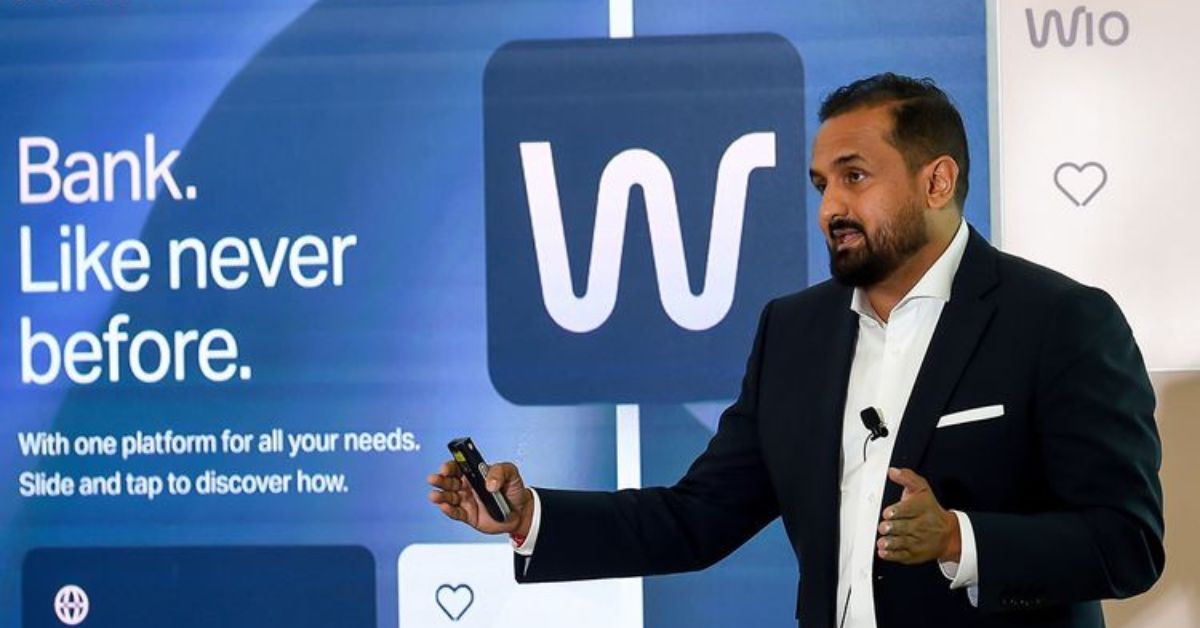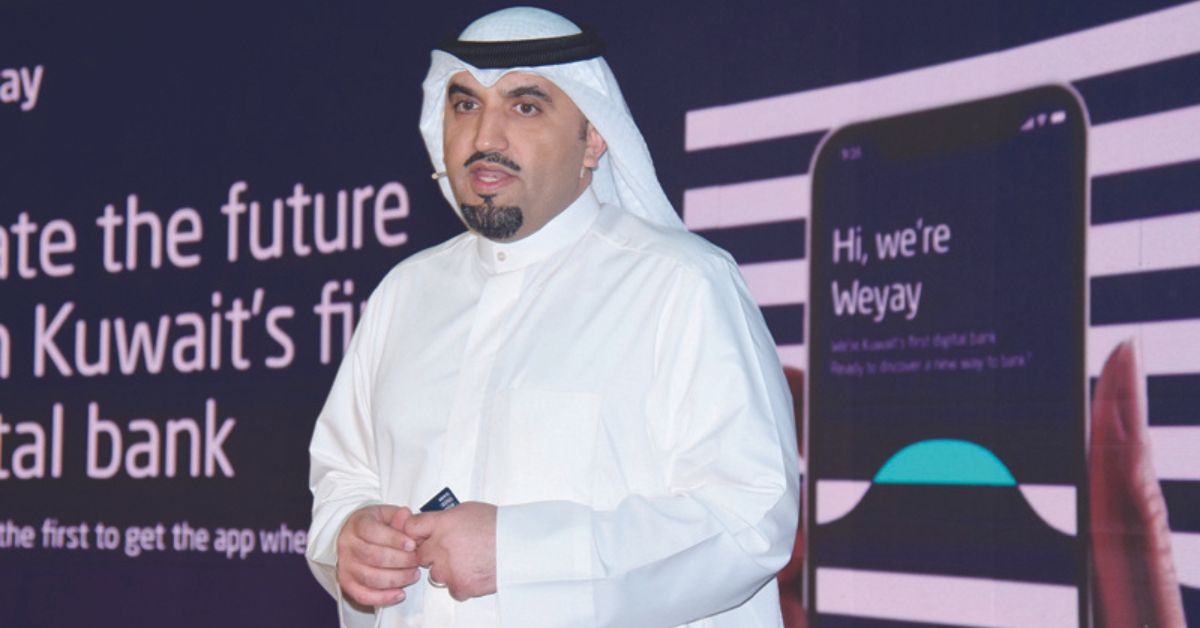RIYADH, Saudi Arabia — As the financial landscape swiftly transforms, the Gulf Cooperation Council (GCC) is standing at the precipice of a new era, one marked by the burgeoning potential of its financial services sector. At the heart of this growth lies the cutting-edge domain of cloud services.
While the vista of opportunities is expansive, the challenges that accompany it are not lost on the GCC authorities. They are already forging ahead, crafting rules and regulations designed to refine the customer experience in digital banking.
A pivotal clause within these regulations stipulates that Cloud Services Providers must be residents of the countries where their services are offered. Overcoming this hurdle could fling open the doors to a substantial expansion of financial services in the region, marking a significant milestone in the GCC’s financial evolution.
Market growth
A recent report from Boston Consulting Group estimates that “all-digital banks” in the GCC could capture over US$ 2 trillion of the region’s financial services market by 2030, at a compound annual growth rate of 53.4 percent.
The prediction comes as the region embarks on the next phase of its digital revolution, with 5G services expected to be available to two-thirds of the population by 2026, far exceeding the global average of 51.4 percent.
Speaking to TRENDS, Junaid Ansari, Director of Investment Strategy and Research at Kamco, opined that digital banking offers customers “additional avenues to earning additional returns, making new investments that would otherwise have taken longer, and providing a secure banking environment.”
He said digital banking can tap into a digitally native population and those who remain underbanked, thereby complementing traditional banking channels and providing an end-to-end customer experience.
The importance of a robust digital banking experience is particularly pronounced among the Z generation born in the 90s. According to Mazen Salhab, Chief Market Strategist at BD Swiss, these younger customers consider credit cards and loans to be outdated and prefer digital alternatives.
Regional developments
In Saudi Arabia, the Council of Ministers recently approved the license for the third digital bank in the Kingdom, D360, with a capital of US$ 440 million. It also licensed two other digital banks, the Saudi Digital Bank and STC Bank, with capitals of US$ 400 million and US$ 670 million, respectively.
Remarkably, digital payments accounted for 62 percent of all payment operations in Saudi Arabia during 2022, exceeding the expectations of the Financial Sector Development Program. The national payment system “Mada” also recorded a 40 percent growth in card payment operations during 2022 compared to the previous year.

By 2025, Saudi Arabia aims to increase the number of fintech players to at least 230 companies, attain 70 percent of cashless transactions, and boost the fintech GDP contribution to US$ 1.2 bn.
In the UAE, a digital bank named Zand has been established, backed by Franklin Templeton and a group of other investors. Meanwhile, ADQ Holding Company, Alpha Abu Dhabi, Etisalat Group, and First Abu Dhabi Bank have signed an agreement to launch a digital banking platform named Wio, boasting an invested capital of AED 2-3 billion.
Kuwait has also embraced the digital banking revolution, with the National Bank of Kuwait inaugurating the first digital bank in the country, named Weyay.
Customers’ expectations
Understanding the customers’ expectations of their digital banking experience is paramount. Many customers look forward to a streamlined process of opening an account remotely as the traditional onboarding can involve much paperwork and in-person verification. The ability to digitalize the onboarding process could save time and energy for new customers during their initial interaction with the bank.
A recent Google survey revealed that 60 percent of smartphone owners prefer using financial apps to monitor their accounts, highlighting the need for banks to offer user-friendly digital platforms that can be accessed from any device, especially smartphones. Customers also expect these platforms to offer a wide range of services, ease of use, and the ability to manage all their financial transactions efficiently.
Banks are also expected to customize their services to suit individual customer needs and preferences. Tailored products like credit, investments, and savings accounts are increasingly in demand. However, the security of sensitive information is critical, and establishing trust with customers is crucial for maintaining a lasting relationship.








